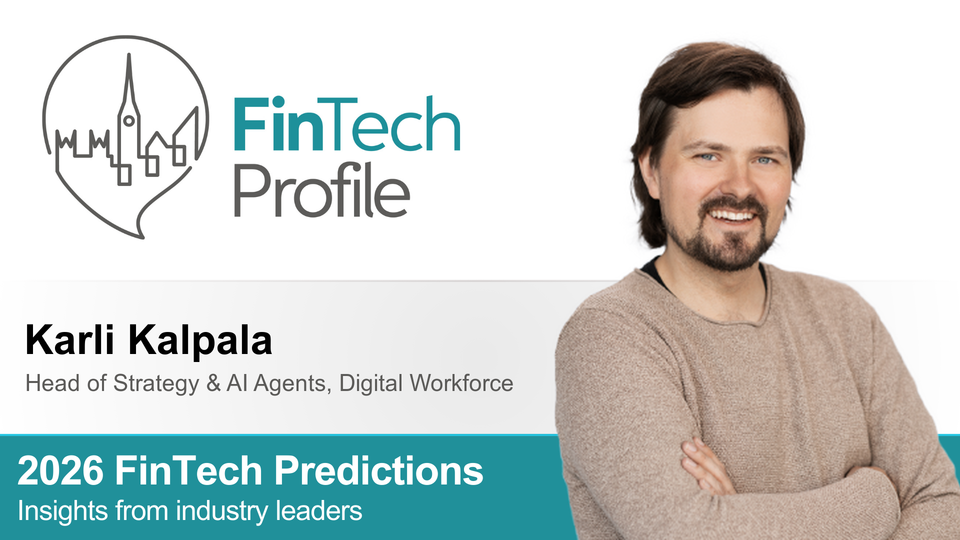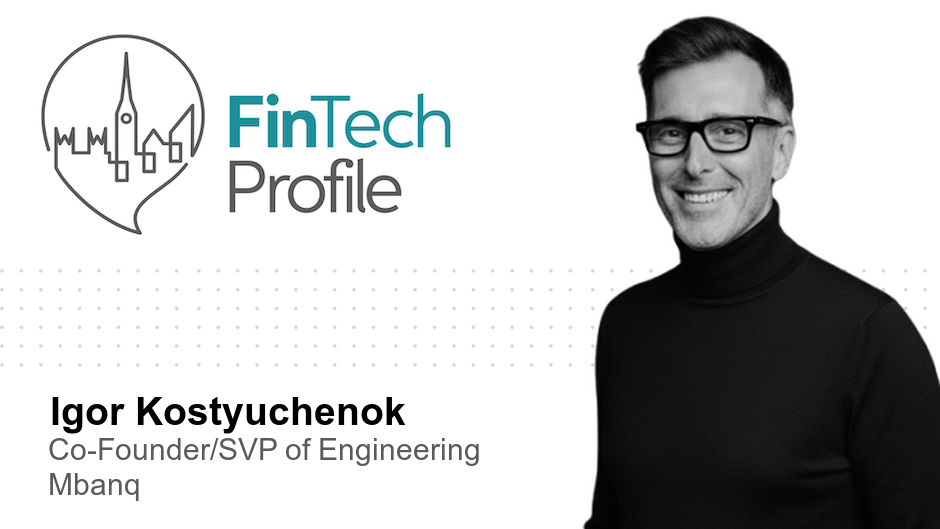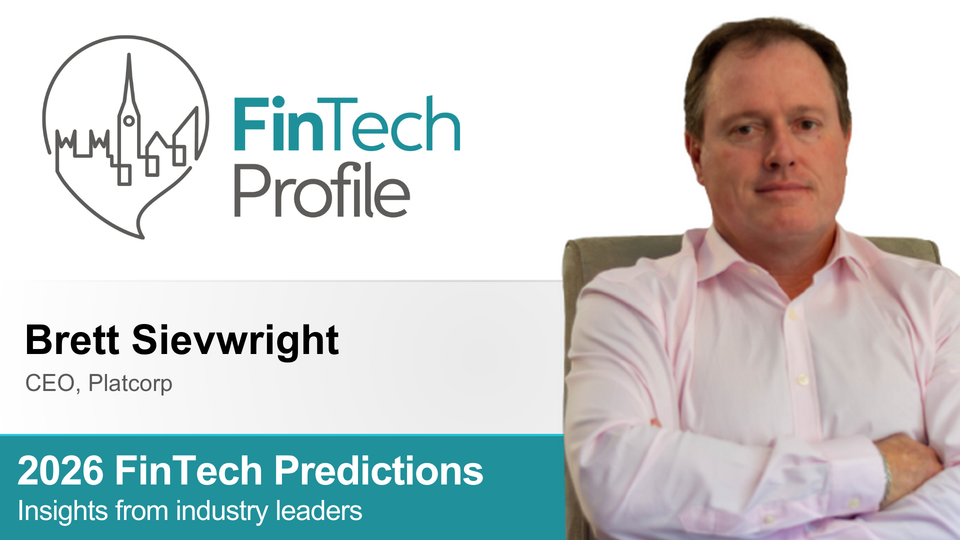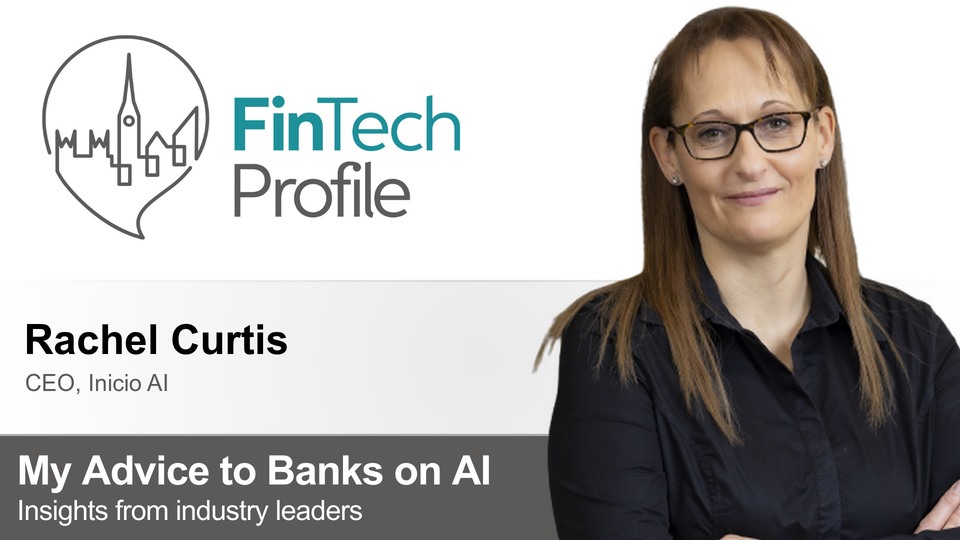Oman Focus: Mustafa Zafarullah on Wholesale & Digital Banking
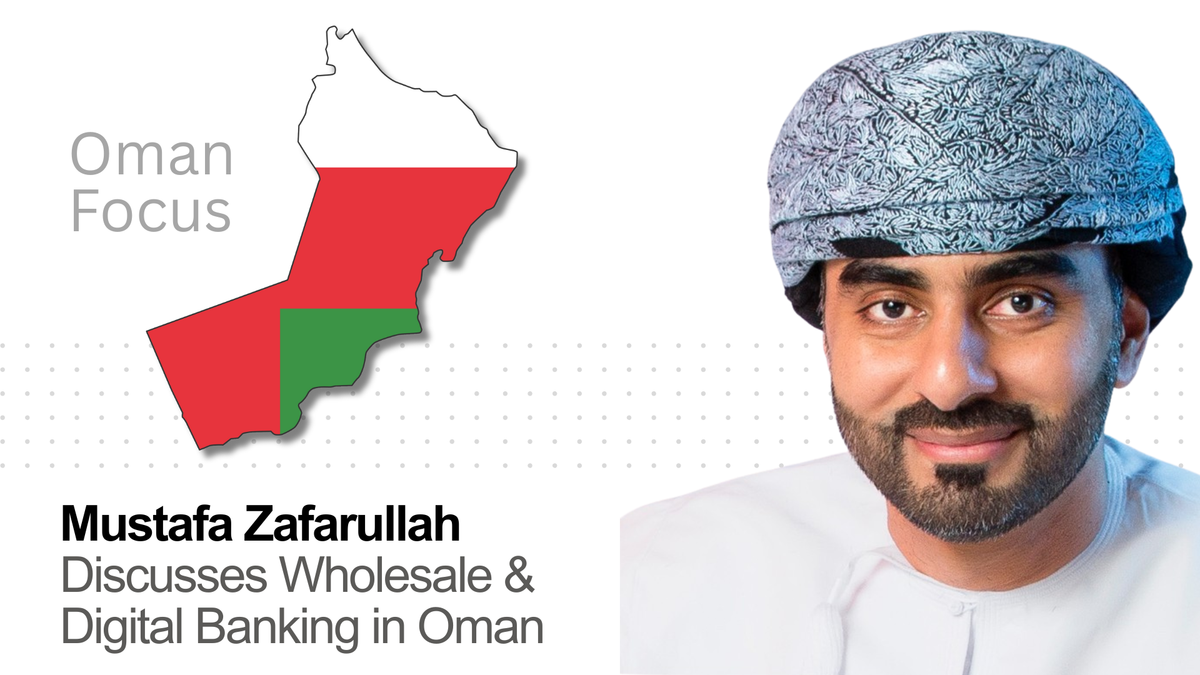
Today, I'm bringing you an exclusive interview with Mustafa Zafarullah, a Wholesale and Digital Banking executive from the great country of Oman.
I asked Mustafa if he'd give us a good overview of how things are moving from his perspective, looking at Oman and the Gulf-Cooperation Countries ("GCC") in particular.
As someone with long experience in the sector, I'm really pleased Mustafa agreed to participate.
For those of you not necessarily focused (yet?) on the GCC region, Oman will be on your radar, I'm sure – but you might not know as much about the country's banking sector as you may do other countries such as the United Arab Emirates or Saudi Arabia.
Well, let's change that today!
I had the great fortune to have had the opportunity to live and work in Oman for 3 years and appreciated every single moment of it. Fabulous and friendly people together with a rich, deep culture and, I think it's fair to say, an obsession with 'digital'. Digital banking, digital lifestyle, digital currency and more.
I sat down and recorded a podcast interview with Mustafa. You can find that here on Spotify, or right here on the New Era FinTech Podcast. Or, simply search 'New Era FinTech Mustafa' wherever you get your podcasts and you'll find the episode.
From this audio interview, I've constructed this Q&A with Mustafa (with his express approval).
Ok, let's begin. Over to you Mustafa! My questions are in bold.
(Oh, and by the way, I couldn't ask Mustafa about Oman and not ask about tips for visiting his country, so look out for the last question, and for his recommendations!)
1. Tell us about your journey in banking and what drew you to the wholesale/corporate side?
My name is Mustafa Zafarullah, and I'm from Oman. I've spent the last 20 years building my career in banking, starting with retail and physical banking, working with ATMs and branch operations, before transitioning into the digital banking space. I hold a Master's degree in Information Systems and Technology from California, and my undergraduate degree was in Computer Science.
Over the past few years, I've focused predominantly on wholesale and corporate banking, handling both conventional and Islamic banking sides. I consider myself a digital banking enthusiast, always keeping an eye on innovations not just in Oman but across the global financial services landscape. What really drew me to corporate banking is that unlike retail, it's not one-size-fits-all. You really need to understand each business, and it's far more relationship-based than retail banking.
2. What major shifts are you seeing in what corporates and SMEs expect from their banking partners?
The most significant shift I've witnessed in the past two years is corporates demanding complete autonomy. They want control over user onboarding and management, they want that entirely in their hands. We're seeing a massive surge in demand for API banking, with corporates actively coming to us asking for APIs to integrate with their systems.
Many corporates are moving away from traditional channel banking altogether. They want to continue using their own applications and systems, treating banks as enablers rather than gatekeepers. I'm even seeing corporates onboarding themselves onto Swift Alliance for international remittances, they generate their own MT messages and simply choose which bank to route transactions through. It's a fundamental shift toward independence where banks support and oversee rather than control.
3. How do you see the current state of digital banking for wholesale/corporate clients in the Gulf, particularly in Oman?
The GCC region has been incredibly active over the past 10-15 years. If you look at what's happening in the new Silicon Valley of Saudi Arabia, Dubai, and Bahrain, there's tremendous innovation. In Oman specifically, we're seeing sophisticated demands from corporates that rival anywhere in the world.
The interesting thing about our market is that we've essentially had "open banking" for years, large corporates would simply come to meetings and tell us exactly what connections they needed between their systems and ours. We've had to manufacture bespoke integrations for our bigger customers long before open banking became a buzzword. The automation push is particularly strong in trade finance, collections, and reconciliations.
4. API banking seems to be everywhere! Is this hype or reality in the wholesale banking space?
It's both, honestly. We do see increased demand, but it's a chicken-and-egg situation. API banking requires sizable investment from banks, and with only a handful of customers initially using it, the ROI calculation becomes challenging. The demand comes more from fintechs and new market entrants launching wallets or embedded financing solutions.
However, the regulatory landscape is changing. Open banking frameworks are being mandated across the region, so banks will need to make these investments anyway. My view is that if we're going to be forced to build it, we might as well monetize it properly. APIs have tremendous potential beyond simple point-to-point transactions, they enable truly tailored solutions. When you sit with a corporate and they explain a specific problem impacting their business, being able to write custom code to solve it, that's when you really contribute value.
5. What's the difference in digital adoption between large corporates and SMEs?
Large corporates have always wanted sophisticated integrations and have the leverage to get custom solutions. SMEs operate very differently, they're on thin margins and are extremely price-sensitive. Their main demand is for instant liquidity and quick financing decisions.
Interestingly, if we include fintechs within the SME category, that's where we see the most API demand. But traditional SMEs typically focus on vanilla banking, e.g. salaries, transfers, basic reconciliation. The challenge is that their smaller deposit sizes mean less cross-selling opportunity, which has historically led to them being underserved. However, initiatives from Oman's Ministry of Commerce and Industry are changing this, with preferential pricing and dedicated support for SMEs.
6. How do you see the balance between banks building in-house versus partnering with fintechs?
This is a tough question. The main challenge is that fintechs aren't yet adequately regulated, not just in Oman but globally. For heavily regulated banks to depend on fintechs requires very strong use cases and extreme confidence in the partner's capabilities.
Fintechs excel at user experience and interface design, they're pretty to look at and use. They're typically built by younger, energetic teams who understand modern user expectations. I see the best use case as banks continuing to innovate and invest in mainstream banking infrastructure while partnering with fintechs for user experience and customer engagement layers. For example, fintechs are excellent at designing financial products in a young, appealing way, look at apps like Plum.
7. If you were building a digital wholesale or SME bank from scratch, what would be your key priorities?
First and absolutely essential: end-to-end digital onboarding. I don't believe in "digital" banks that make you come to a branch at 5 PM to pick up cards or bring documents. For a true digital bank serving SMEs and corporates, I'd work closely with regulators, credit bureaus, and Chambers of Commerce to establish robust digital identity verification.
Second, an extremely robust fraud and risk management (FRM) engine. When you're digital-only, you need to monitor where money is flowing in real-time without human intervention.
Third, and perhaps most important: hyper-personalized UI/UX. In our part of the world, banking is still heavily relationship-based. People open accounts because they know someone who will service them. To compensate for removing that human element, the digital experience must be exceptional, personal and almost emotional in its engagement.
8. What role is AI actually playing in wholesale banking today, beyond the hype?
As a consumer, there's obviously huge focus on generative AI and GPT across industries. In wholesale banking specifically, I see real use cases in making more calculated financing decisions. AI can help identify sales opportunities and cross-selling potential much more effectively than traditional methods.
In the context of wholesale banking, when you have suppliers, SMEs, and corporates all in one ecosystem, AI can identify synchronization opportunities that humans might miss. It's about leveraging data to create value for all parties in the supply chain.
9. What's the hardest part about driving transformation in banking?
Cost. It's not about budget, banks generally have money. It's about return on investment. Banks operate on ROI unless it's CSR spending. The challenge is both the cost of new technology and the cost of bringing existing systems up to a level where they can work with new systems.
Banks have invested enormous effort, not just money but time and implementation work, into current systems. Then every week there's new technology: blockchain, metaverse, NFTs. You either take a backseat and wait for technology to mature, losing first-mover advantage, or you gamble on emerging tech. It's a difficult balance.
10. What advice would you give someone looking to enter the wholesale/corporate banking space?
Unlike retail banking, corporate banking isn't one-size-fits-all. You need to understand how businesses actually work. When you're designing an API or pitching a product, you must understand their business model, revenue streams, and expense structures.
These corporates often have very mature technological systems. They don't want your system, they want access to core banking. Your systems must be strong and flexible enough to communicate with their often non-customizable platforms. Since 90% of the time you'll incur costs, you need to understand business fundamentals to provide the right solutions. Technology you can learn in months, but understanding business to deliver the right product, that's where the real value lies.
11. For those wanting to connect with you and learn more, how can they reach you?
I'm on LinkedIn with a public profile, so please reach out! I'm genuinely excited to connect with people globally. Whether you're from Puerto Rico, Venezuela, Sudan, or anywhere else, I'd love to exchange perspectives on what's happening in wholesale banking in different markets. There's always something new to learn from how different regions approach similar challenges.
12. Finally, any tips for visitors thinking of coming to Oman?
Oman offers two distinct experiences. In the south, we have Salalah, best visited between July and early September during what we call the Khareef season. It's known as the Switzerland of the Gulf, incredibly green and beautiful. But don't come to Muscat, our capital, during summer! October onwards is perfect for Muscat.
We're a developed city with deep culture, centuries of history as a Sultanate. We have monuments, forts, and historical sites alongside modern infrastructure. And yes, you might find very good hotel deals in summer, but there's a reason for that! Please do visit us, there's a unique blend of tradition and modernity that makes Oman special.
You can find out more about Mustafa and reach out to him on his LinkedIn profile. Listen to him speak in his own words in the podcast interview right here or on Spotify here.
Thank you so much for taking the time Mustafa.

